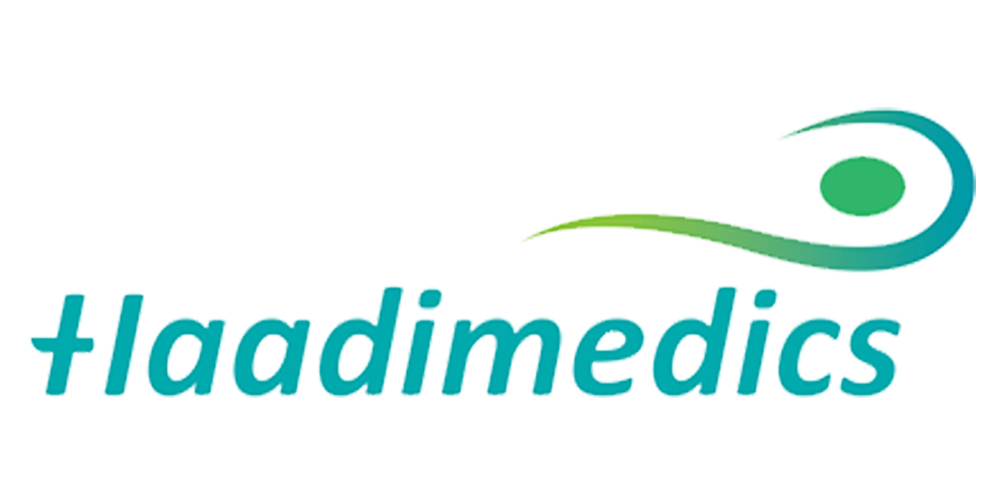What is Rhinoplasty?
Rhinoplasty, usually called as “Nose Job,” is a popular treatment for patients who are unhappy with size or shape of their nose. This medical surgery remakes your nose’s appearance by modifying the bone, cartilage, skin or all three. Additionally, it improves your structural imbalance and makes it normally proportional. It is one of the most common types of plastic surgery.
Why Rhinoplasty?
Rhinoplasty has developed as more adaptable for medical purposes. One may undergo Rishnoplasty to improve his nasal capacity after an awful injury or disease, to assist with breathing issues, or to revise distortion of the nose coming from birth imperfections.
Rhinoplasty makes following changes for your nose:
- Change in size of your nose.
- Change in angle of your nose.
- Straightening of your nose bridge
- Reshaping of the tip
- Straightening of two external openings of the nasal cavity
Which are the various types of Rhinoplasty?
Not all Rhinoplasty procedures are equally. It differs based upon your needs as a patient.
- Closed Rhinoplasty
- Open Rhinoplasty
- Filler Rhinoplasty
- Revision Rhinoplasty
How Rhinoplasty is done?
Rhinoplasty is done throughout local or general anaesthesia taken by your surgeon. If it’s a simple surgery, you’ll get a local anaesthesia to your nose, which will also numb your face. You may also get medication through an IV line that makes you tired, but you’ll still be awake.
When general anaesthesia is used, you'll inhale a drug or get one through an IV that will make you unconscious. Youngsters are typically given this general anaesthesia.
When you becomes numb or unconscious, your surgeon will make cuts between or inside your noses. After that, they’ll separate your skin from your cartilage or bone and then start the reshaping.
The surgery typically takes between the range of one and two hours. If the procedure is complex, it can take longer.
How to Prepare for Rhinoplasty?
Firstly, you have to meet initially with a specialist to talk about your wish for Rhinoplasty. You should share why you need the treatment and what you desire to achieve by having it.
The specialist will analyse your clinical history and get some information about your current medications and medical conditions. Then he will play out an actual test, looking at your skin within and outside of your nose to figure out what sort of changes can be done. He may arrange blood tests or other lab tests, like wise he will consider whether any extra medical procedure ought to be done simultaneously.
The specialist will also refer to take photos of your nose from different points, which will be used for evaluating the long-term results of treatment and may be referred to during the surgery.
If you decided to have the surgery, you ought to stay away from painkillers containing ibuprofen or headache medicine for about fourteen days prior and fourteen days after your medical procedure. These medicines slow down the blood-clotting process and can cause you to drain more. Tell your specialist what prescriptions and enhancements you're taking, so they can prompt you about whether to proceed with them or not.


Comments